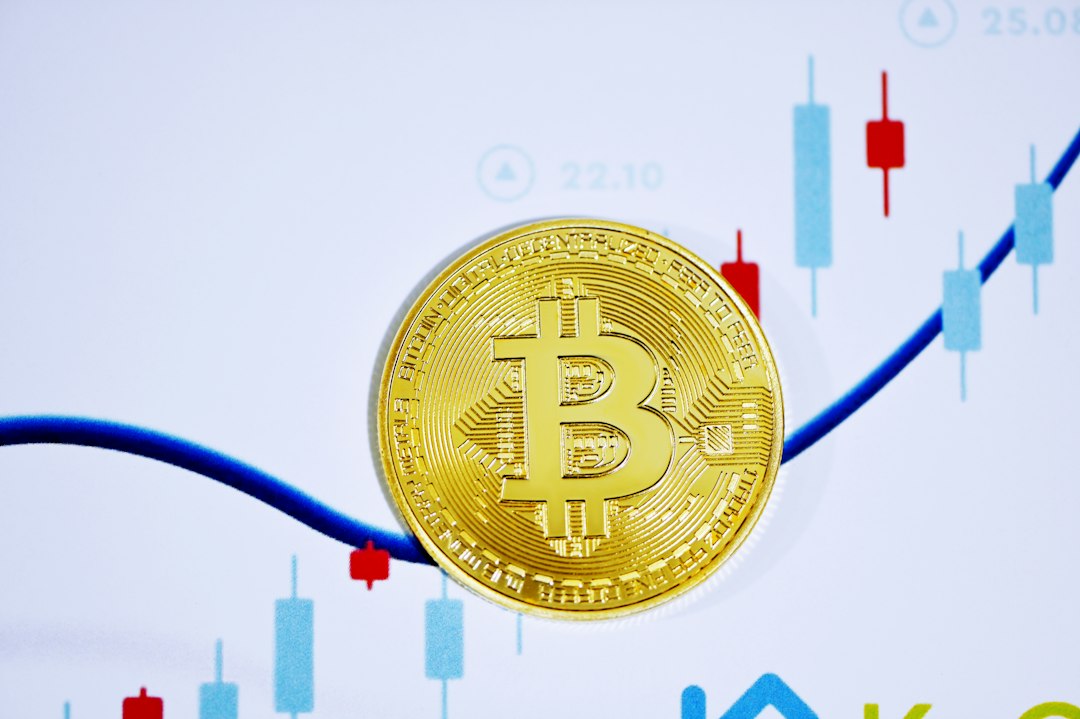Russia and UAE Collaboration
The Bank of Russia has announced a joint payment system with the United Arab Emirates (UAE) that will use the digital ruble. This development is expected to serve individuals and businesses, and First Deputy Governor Olga Skorobogatova estimates it will take about a year to complete.
Digital Ruble’s International Expansion
Russia has taken the first steps in internationalizing its central bank digital currency (CBDC), the digital ruble. The Bank of Russia is collaborating with the UAE to develop a digital ruble-based fast payment system. This was revealed by First Deputy Governor Olga Skorobogatova at Finopolis, a forum organized by the bank with IT industry leaders to discuss the use of digital technology in finance.
We will work out the fast payment system and the CBDC because the colleagues are ready with the digital ruble and we are ready.
Skorobogatoba estimated that the development of the payments platform, dedicated to serving individuals and businesses, could be completed in a year after solving the problem of identifying the users on the system.
Confidence in Digital Ruble
The announcement shows confidence in the capabilities of the digital ruble, even as it is still being tested in a limited pilot that began in August with 13 private banks. Elvira Nabiullina, head of the Bank of Russia, explained that the pilot was still going according to plan and reiterated that it would expand in the next year to include new participants and use cases.
“The central bank is technologically ready for international operations with the digital ruble, but much depends on partners,” Nabiullina concluded.
‘Playing Roulette’
The joint payment system development comes amid pressure from Western nations for the UAE to halt exports to Russia due to sanctions over the Russia-Ukraine war. However, despite these pressures, the UAE has refused to give in and only adheres to sanctions enacted by the United Nations (UN).
Unilateral sanctions are already affecting individuals and companies trading with Russia using traditional finance channels managed by Western entities. In March, James O’Brien, head of the U.S. office of sanctions coordination, stated that these entities were “playing roulette.”
Russian Government’s Consideration
The Russian government has considered using the digital ruble for international payments since last year when it was suggested that using CBDCs for settlements would affect U.S. control over the global financial system. More recently, detailed processes for a multinational CBDC-based settlement system have been provided by the Bank of Russia.
The UAE is Russia’s largest trading partner in the Gulf, with a trading relationship reaching $9 billion during 2022.
Hot Take: Future Implications
The collaboration between Russia and UAE signals an important step towards internationalizing digital currencies for faster cross-border payments despite Western sanctions affecting traditional financial channels.





 By
By
 By
By

 By
By
 By
By
 By
By